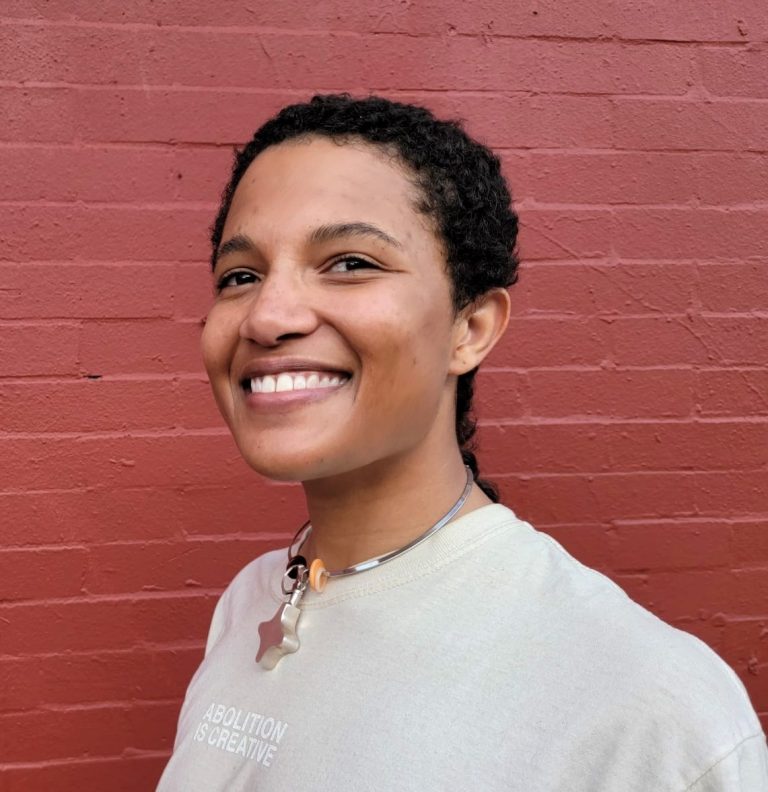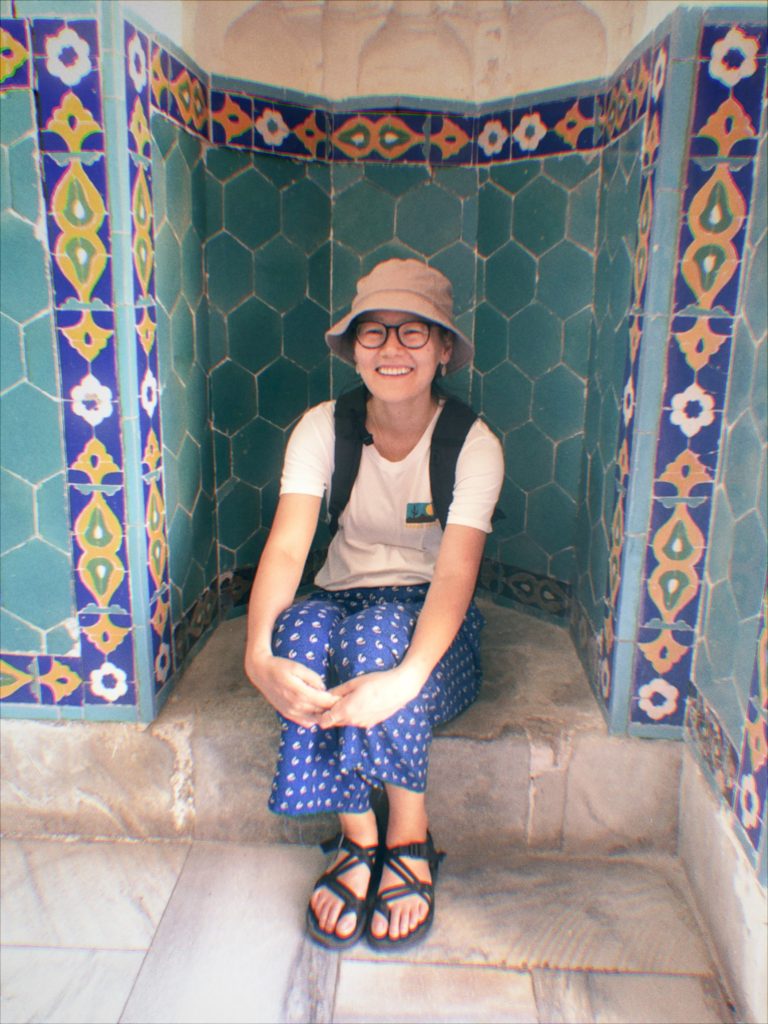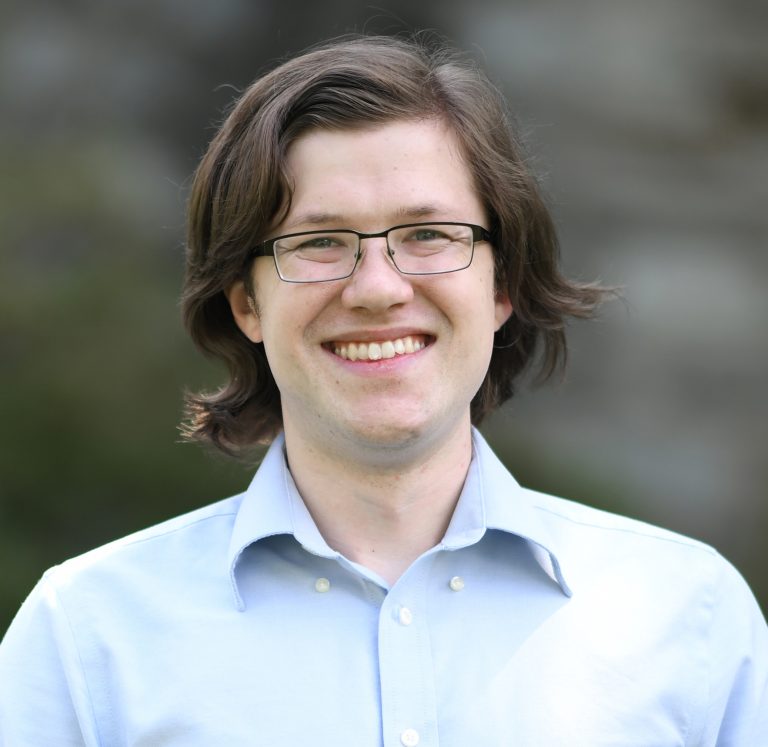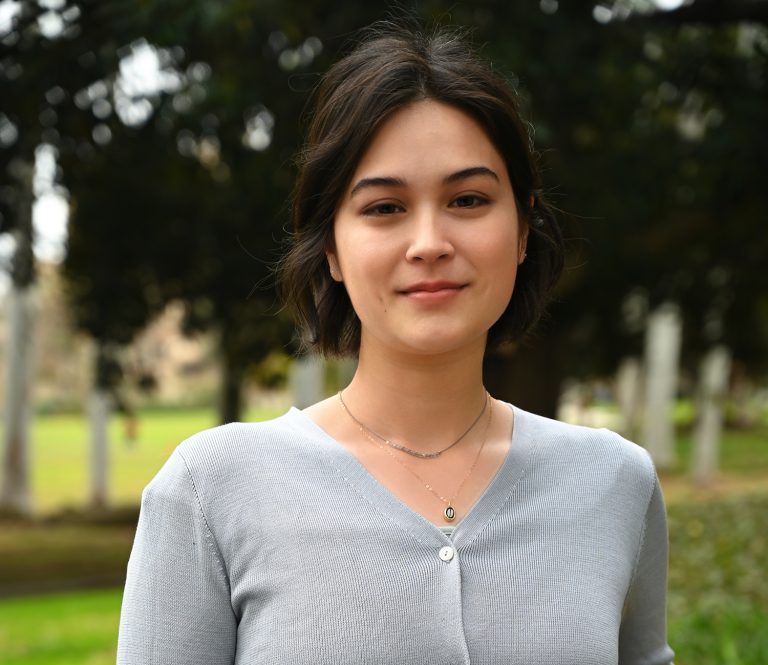The Fulbright U.S. Student Program expands perspectives through academic and professional advancement and cross-cultural dialogue. Fulbright creates connections in a complex and changing world. In partnership with more than 140 countries worldwide, the Fulbright U.S. Student Program offers unparalleled opportunities in all academic disciplines to passionate and accomplished graduating college seniors, graduate students, and young professionals from all backgrounds. Program participants pursue graduate study, conduct research, or teach English abroad.
These five graduate scholars are the Fulbright awardees from UC Irvine.

Temitope E. Famodu
This research project considers how the embodied experiences of Nigerian students in postsocialist Hungary navigate and make place during their educational experiences at the University of Debrecen, Hungary. Through this project, I hope to learn more about the transnational relational networks that underpin the education-migration pipeline from Nigeria to its global diasporas. By studying how a place is constructed through multiscale relations – among individuals, institutions, and built and natural environments – I hope to spatialize the processes of connection that have sustained Nigerian student migration for decades. In so doing I consider how thinking with and about Blackness from geographies typically not associated with the African diaspora, tells us about the study of Black geographies at large. What happens when we think about the deep and rich scholarship put forth about Black placemaking through the specificities of the production of race and whiteness in post-socialist spaces? Whether or not you are a student who has traveled from Lagos to Debrecen for college, the social and spatial relationships that punctuate our livingness provide insight about how people navigating and building systems shift our geographic futures in potentially unexpected ways.

Max Garduño
My Fulbright project proposes to conduct cognitive assessments and in-vivo miniscope (miniature microscope) brain recordings of the degu, a rodent endemic to Chile that is a natural model for Alzheimer’s disease (AD). I will be joining Dr. Patricia Cogram’s lab in Chile’s Institute of Ecology and Biodiversity during my time as a Fulbrighter. A battery of behavioral tests will be used to identify cognitively healthy and impaired degus, which will be followed up with in-vivo miniscope recordings of cellular activity in the degu hippocampus, an area of the brain involved in learning, memory, and spatial navigation that is severely affected in AD. These results will provide novel insights into degu cognitive states, their correlated hippocampal cellular activity patterns, and hopefully contribute to a better understanding and treatment of AD.

Bermet Nishanova
Bermet Nishanova is a Ph.D. student in Visual Studies, specializing in medieval Islamic textiles from Iran and Central Asia. Her project focuses on the intermedial connections between textiles and other artworks, such as architecture, paintings, sculptures, and texts, expanding the scope of traditional studies of Central Asian Islamic textiles, which examine these works within various economic and socio-political frameworks. As a Fulbright scholar in Uzbekistan, she will examine textile collections at the State Museum of History and the various archival records at the National Center of Archaeology. She also plans to visit different medieval Islamic architectural sites and ongoing archaeological excavations in Samarkand and elsewhere.

Nathaniel Pigott
Nathaniel Pigott is a third year graduate student in the UCI history department studying modern Chinese history. He graduated from Trinity University in 2020 with a BA in Chinese language and was awarded a Teaching English Fulbright to Taiwan in 2021. Nathaniel’s research interests include the history of sport, discipline and techniques of the body, and intellectual history. His dissertation project, “Stateless Sport: Ping Pong in the Republic of China,” traces the origins of ping pong’s popularity in the rapidly modernizing China of the 1920s and 30s. He was awarded a Research Fulbright to Taiwan for the 2024-25 academic year to conduct dissertation research through the Institute of Modern History at the Academia Sinica in Taipei, Taiwan.

Sophie Mariko Wheeler
Sophie Mariko Wheeler is a third year PhD student in the department of East Asian Studies. Their research largely focuses on modern Japanese literature and environmental humanities. During their Fulbright, Sophie will research how Indigeneity is expressed in modern Japanese literature through kikigaki, a genre of Japanese literature meaning ‘to listen and write.’

